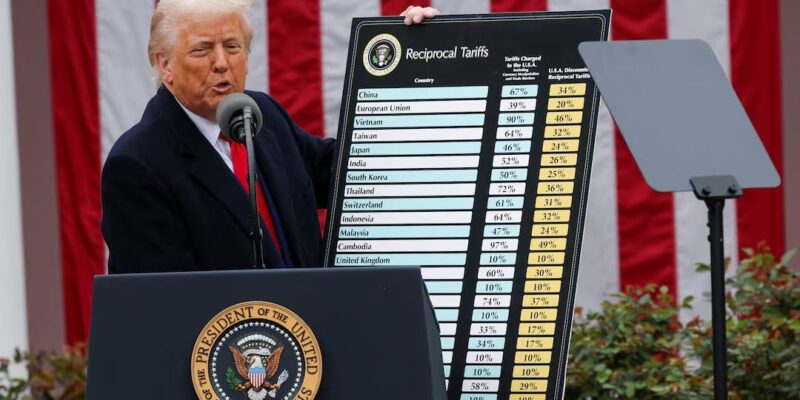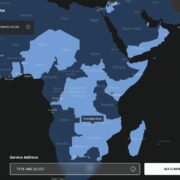Zimbabwean goods are set to face tariffs of at least 18% under U.S. President Donald Trump’s latest trade initiative, adding further strain to the country’s already limited trade with the United States. This move is part of a broader package of “reciprocal tariffs” announced by Trump in a bid to counter what he calls unfair trade practices globally.
In a speech from the White House Rose Garden on Wednesday, Trump revealed that most imports into the U.S. would be subject to a 10% tariff, with select countries facing even higher penalties. The new tariffs have already sparked reactions across the globe, as world leaders, particularly in Europe and Asia, warn of the potential economic fallout.
For Zimbabwe, which exported only $67.8 million worth of goods to the U.S. in 2024, the tariff increase marks a significant shift in trade relations. Key exports from Zimbabwe to the U.S. include tobacco, sugar, and ferroalloys. Despite the modest volume of trade, the new tariffs are expected to have a noticeable impact, especially as Zimbabwe already faces high duties on tobacco exports.
Trump’s administration justified the tariff rates by calculating the trade deficit between the two countries, which stood at $24.1 million last year. The U.S. then applied a formula based on this imbalance, determining that Zimbabwe imposes a 35% tariff on American goods. Consequently, an 18% reciprocal tariff was set for Zimbabwean exports entering the U.S.
Global markets have reacted with unease, and leaders from both the European Union and Japan—long-standing U.S. allies have voiced their concerns. Ursula von der Leyen, the President of the European Commission, called Trump’s actions “a major blow to the world economy,” and warned of potential retaliation should the dispute escalate further.
In his defense, Trump has framed the tariffs as a necessary step to protect American interests from what he describes as decades of exploitation. “For decades, our country has been looted, pillaged, raped, and plundered by nations near and far, both friend and foe alike,” Trump said during his announcement.
The base 10% tariff will take effect on April 5, while the higher reciprocal ratesincluding the 18% on Zimbabwean goods—will be implemented on April 9. Certain critical imports, such as copper, pharmaceuticals, and essential minerals not available in the U.S., will remain exempt from the tariffs.
As Zimbabwean exporters prepare for the potential impact of these new tariffs, the future of their trade with the U.S. remains uncertain, with many now questioning the long-term consequences of Trump’s latest economic policies.














Comments